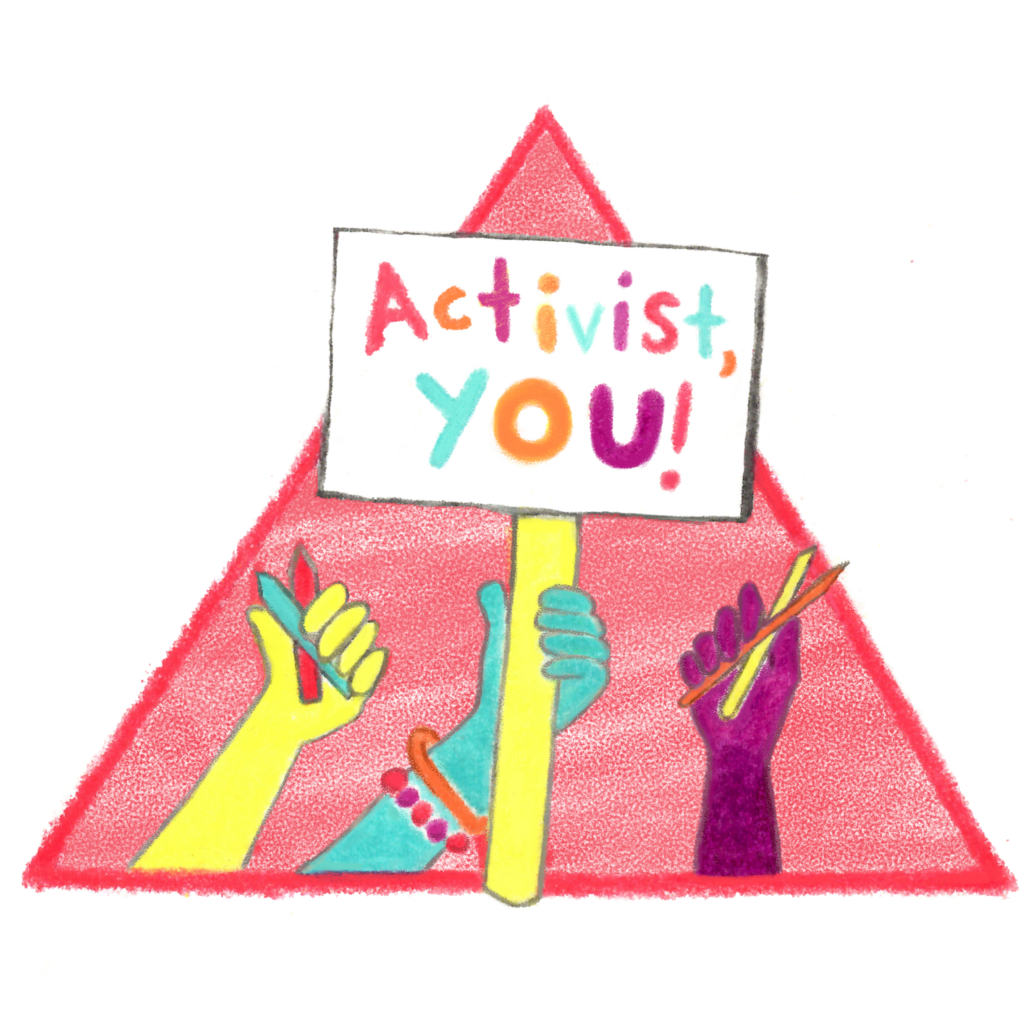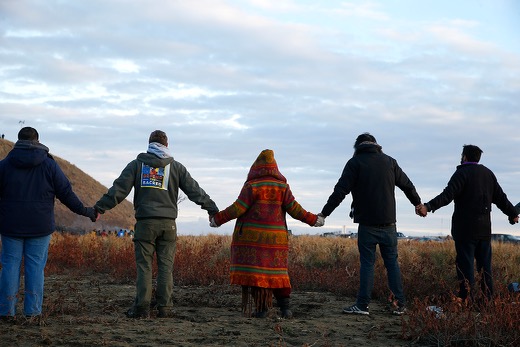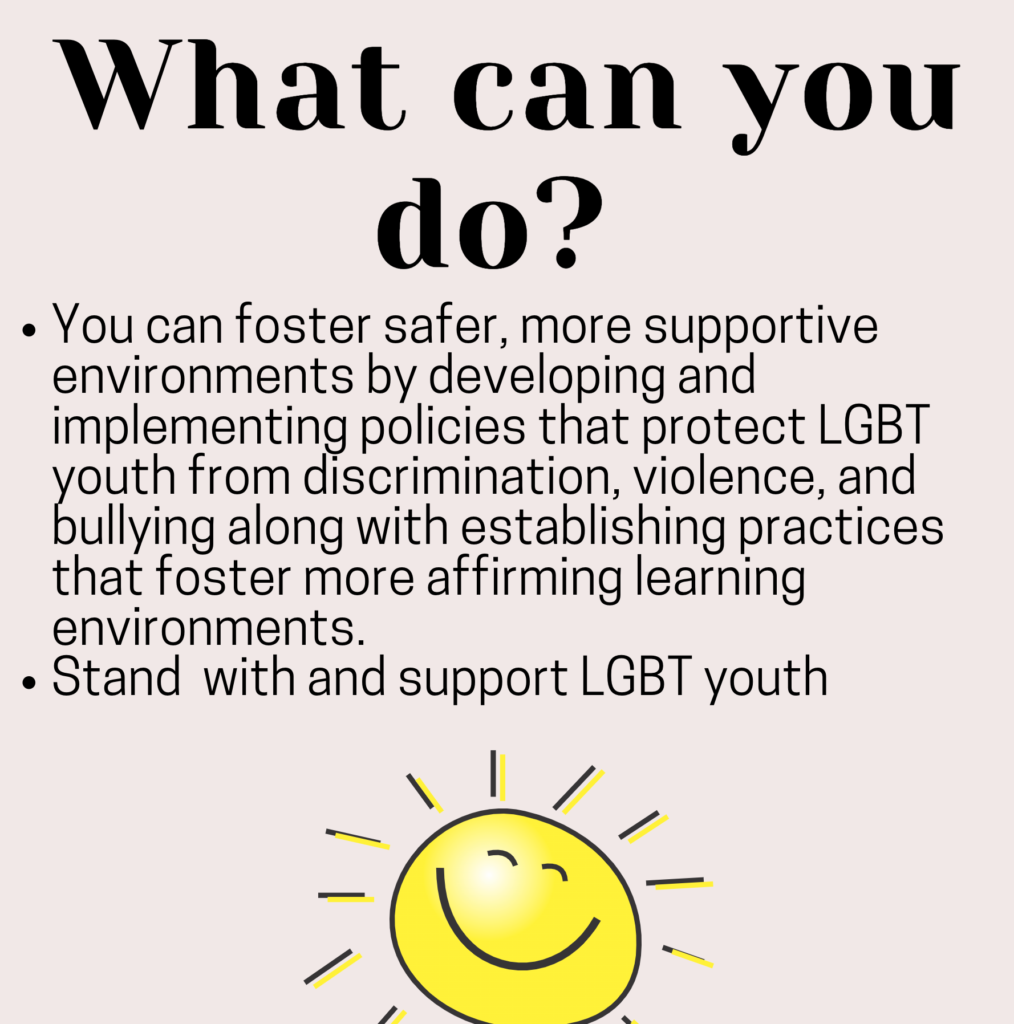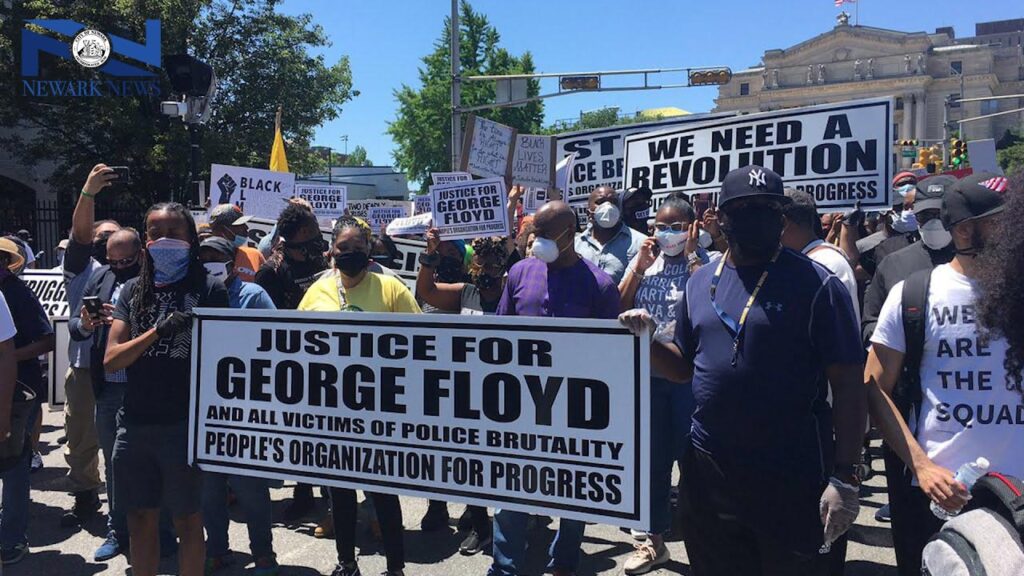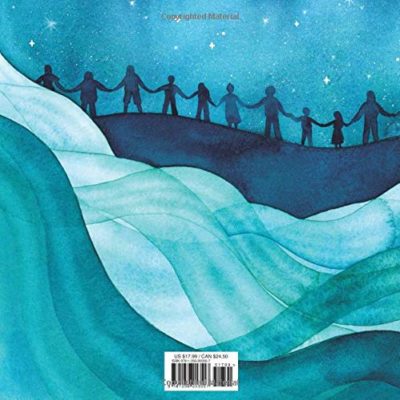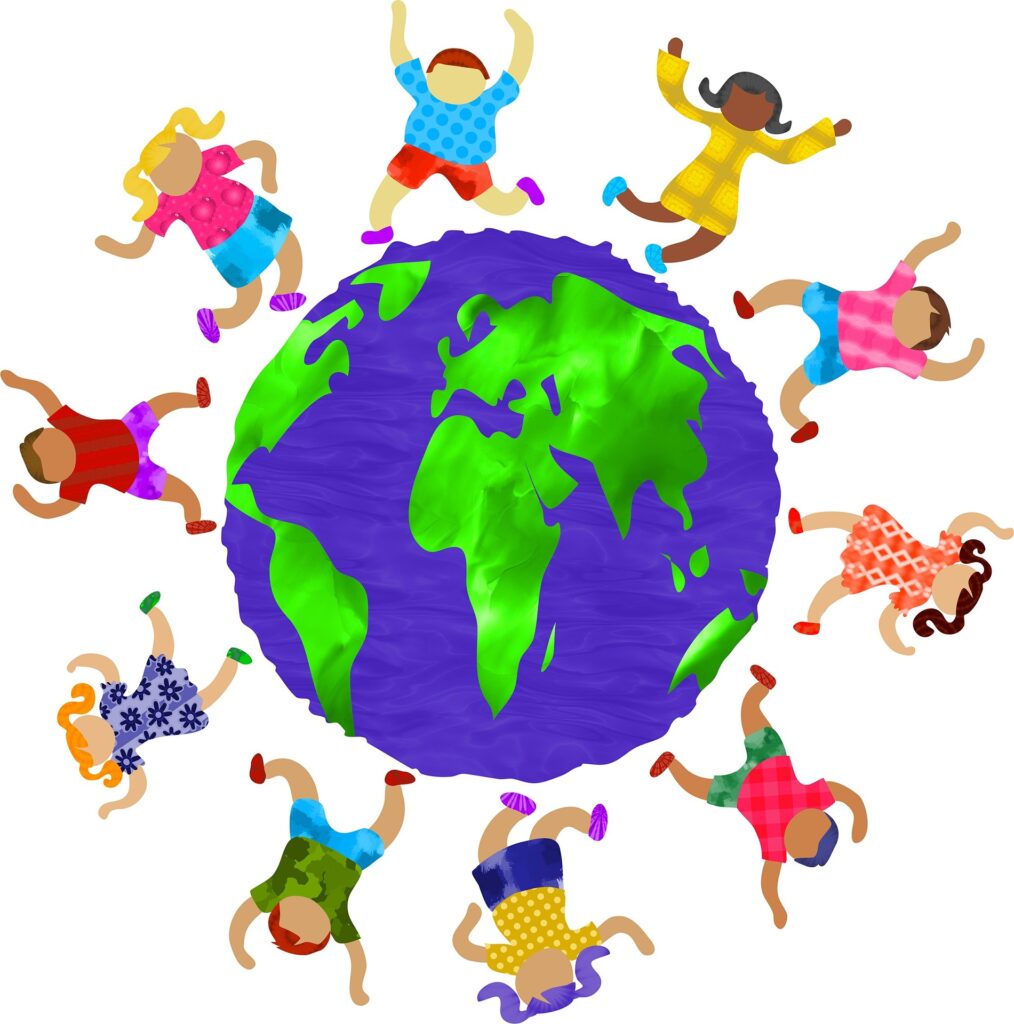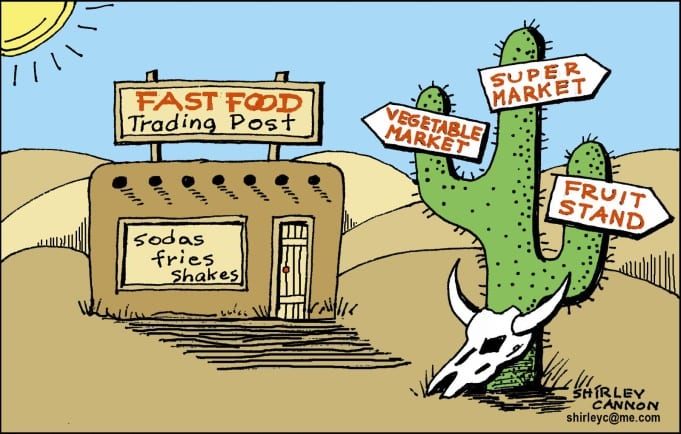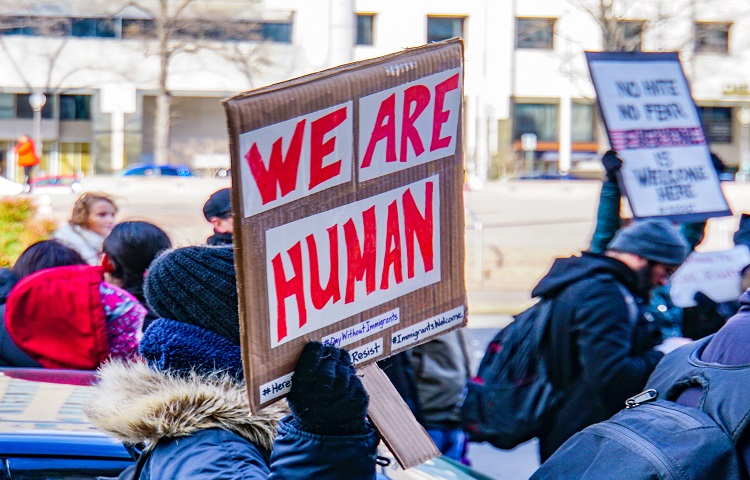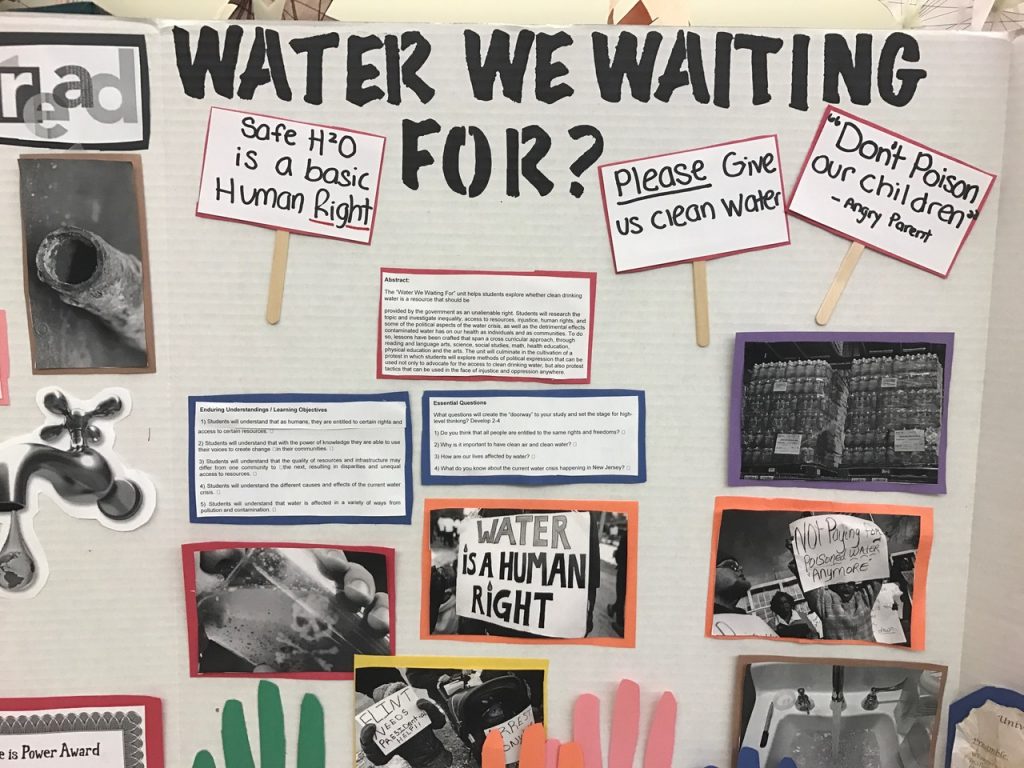These comprehensive units were created by aspiring teachers at Montclair State University. Each multidisciplinary unit integrates social justice and academic disciplined and are aligned with NJ state standards. They are works in progress so please use what works for you. Feedback welcome: picowerb@montclair.edu
Patterns of Colonization
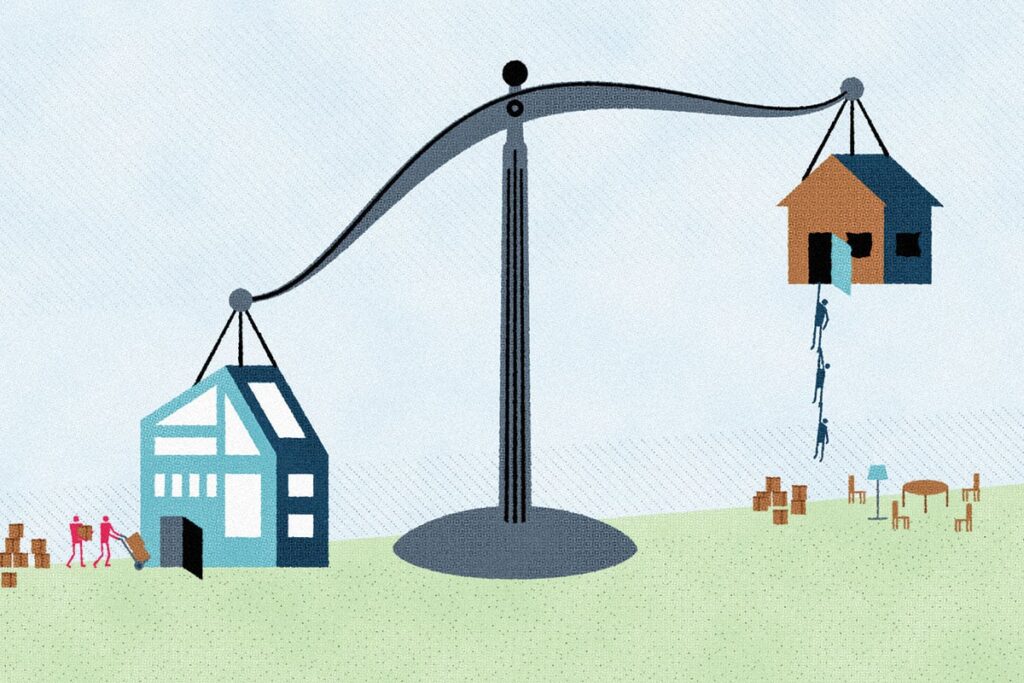
Grade: 4th Grade
Topics: Colonization, gentrification
Social Justice Skills: Critical thinking, effective communication, advocating for systemic change
Created by: Tania Lopez
This unit bridges the novel Buffalo Bird Girl and lessons on Native American assimilation with the effects of economic development in Newark. Students explore how gentrification and displacement mirror historical patterns of colonization. By examining Newark’s evolving landscape, they critically assess both the benefits and harms of urban development. Through themes like power and colonization, students build vocabulary (e.g., displacement, reservations) and conclude by writing letters to Newark’s Mayor, offering their perspectives on economic development, supported by insights from their lessons.
View the PDF: Lopez Unit Plan – Tania Lopez
Let’s Meet A Community Activist
Grade: Kindergarten/1st grade
Topics: Community Activism
Social Justice Skills: Community, Activism, Activist, Fairness/Equality
Created by: Katiana Lacroix and Kathryn Restituyo
“Let’s Meet A Community Activist” will teach our students about community activism in their own neighborhood. Students will be introduced to a native Newark activist and the ways this community leader helps their local area with their activism. The lessons have been created to show students that no matter what age they are, they all have a voice and can demonstrate actions that can bring change to the community. The unit plan ensures that students are afforded a choice if they do want to become a community activist themselves, as it reiterates the fact that activism and activists can change their world and the world for the better.
View the PDF: Let’s Meet a Community Activist
Indigenous Land Loss
Grade: 6th & 7th grade
Topics: Colonization, Advocacy, Human Rights, Indigenous Land Rights
Social Justice Skills: Settler colonialism, Sovereignty, Racist policy/ Institutional Racism, Marginalization
Created by: Christina Fischer and Llamylis Roman-Rivera
This “Indigenous Land Loss” unit will introduce the topic of Indigenous people to students. Students will first deconstruct popular myths surrounding Indigenous people, both in the United States, or Turtle Island, as well as in Puerto Rico (although this can be adapted to the Indigenous lands of your student population). In order to do this, students will investigate laws that oppressed Indigenous people such as the Indian Removal Act, as well as ways they have fought back against oppression as seen in the Land Back Movement. Students will also have the opportunity to find ways they can continue to educate themselves on current Indigenous issues and how to be an ally to Indigenous people.
View the PDF: Fisher & Roman-Rivera Unit Plan
Muckrakers and the Media
Grade: 10th Grade
Topics: Media’s Influence on Reform
Social Justice Skills: Journalism, Reform, Expose, Corruption, Social Issues
Created by: Marina Regolizio
In this three lesson unit, “Muckrakers and the Media,” students will understand how people use media to affect social reform. Students will learn about how muckrakers addressed certain Progressive Era social issues such as the living conditions of the “slums,” unsanitary and unsafe working conditions of factories, racial injustice of African Americans, and corruption of businesses. The students will learn how the Muckrakers identified and exposed social issues and this impact on Progressive Era reform. Learners will make connections to current media’s influence on civic participation and deliberation. By the end of the unit, students will become muckrakers themselves, identifying and exposing a social issue that is important to them through their own social media posts. Students will have the opportunity to participate in an extension project in which they present their social media post to a stakeholder in the community.
View the PDF: Marina Regolizio – Unit Plan
A History of Resistance in Newark
Grade: 11th grade
Topics: Civil Rights protest in Newark NJ
Social Justice Skills: Social Movements, Racism, Police Brutality, Protest, Change
Created by: Kiley Porter
This unit is about the way that protests by marginalized groups against injustices committed by those in power can create change. Students will learn about the Newark “Riots” of 1967 and explore how the community of Newark, NJ has led collective responses against police brutality in both the past and the present. Students will examine how oppressive forces strive to maintain power while marginalized people strive to gain access to power, and how protest is viewed through different lenses depending on one’s relationship to power. The purpose of this content is to help students understand that there is no singular correct form of protest. By examining the ways that historical and modern protests are perceived, students will understand that conflict has the power to create change.
View the PDF: Kiley Porter- Unit Plan
Water Matters!
Grade: 1st-2nd grade
Topics: Global Water Crisis
Social Justice Skills: Water, Human Rights, Activism
Created by: Lamani Crawford and Tamara Dixon
This unit is designed to inform students about the water crisis locally and globally. Students will learn about the experiences of people in Africa, Flint, Michigan, and Newark, New Jersey. We will introduce the book, The Water Princess by Susan Verde to show students the impact the water crisis has had on people in other countries, specifically Africa. Throughout the unit, students will also watch videos about Little Miss Flint, a child activist who advocated for clean water in her city, Flint, Michigan. Little Miss Flint will act as an example of a child activist, which we hope will encourage students to find their voice and feel as though they have the ability to advocate for better water quality in their city as well. Students will also be introduced to the term, “water protector,” and will learn about the different ways they can become a water protector. Science will also be embedded in the unit. Students will participate in a science experiment that will introduce them to lead and its properties while in water. The Newark Water Coalition will also be invited to engage students in a discussion and presentation of their efforts to bring clean and safe water to the city of Newark. NWC will share facts with students regarding the current state of the city’s water, and the ways in which students can become involved in advocating for clean and safe water in their community. To close the unit, students will use all that they have learned, to advocate for clean water, by writing letters expressing how they plan to become water protectors and to thank the NWC for visiting and for all that they have done for the city of Newark. This unit can help students understand the value of water, the unfortunate reality of the quality of water in specific communities, and ways in which we can come together in efforts to make positive changes in our communities.
View the PDF: Water Matters! unit plan
The World Around Us
Grade: 7th Grade English Language Arts
Topics: Celebrating Diversity
Social Justice Skills: Community Cultural Wealth, Global Awareness, Heritage
Created by: Dominique Metivier
Representation matters. This unit will include the voices of authors and artists a part of BI-POC community. The purpose of this unit is to expose students to different viewpoints and perspectives, other than the select few white authors. The world that we live in is multi-dimensional, and the works that students read should reflect that same multi-dimensionality. Real world cultural experiences and struggles of this group will be addressed, in the hopes that students will raise awareness, empathize, and adjust their thinking. It is also important for students to see themselves in the curriculum, and providing a wide diverse option of authors and works can make that possible.
View the PDF: Celebrating Diversity
Food for Thought
Grade: Algebra I (8th Grade Honors/ 9th Grade)
Topics: Food Deserts – Graphing and Solving Linear Inequalities in Two Variables
Social Justice Skills: Food Deserts, Inequalities, Healthy and Sustainable Food Sources
Created by: Chelsea M. Fonseca
This unit will revolve around the concept of food deserts in Orange, NJ. Students will be given opportunities to analyze, graph, and solve for inequalities in two variables in the context of real world situations as well as distance and cost. Students will be using what they learn in day 1 for solving for and graphing inequalities in two variables using generic distance and cost scenarios to analyze the total cost a family of 4 on a strict budget, without a reliable means of transportation, would have to spend to ensure they can reach a reliable grocery store with fresh produce. Students will be taking on the role of an activist, using their knowledge of how to graph and solve for solutions to linear inequalities in two variables and food deserts to analyze and answer questions to help a family on a budget navigate the food desert where they live. Students will be creating an infographic using the information they gather to show the family where they can shop for fresh, healthy food, while also showing them how they can make a change in their environments by getting involved. Students will see how food deserts affect the nutrition and health of communities, the budgets of families, and the power they have to help their communities through research.
View the PDF: Food For Thought – Algebra I Graphing and Solving Linear Inequalities in Two Variables
Where the Blame Lies: America’s Relationship with Migrants in Times of Crisis
Grade: 11th Grade
Topics: Migrant Scapegoating
Social Justice Skills: Immigration reform, Advocacy, Student/Community action
Created by: Brian Milara
This unit will focus on the ideology of migrant scapegoating (especially when those migrants are people of color) and how this blame has produced a carceral pattern based not on punishment, but presupposition, of crime. It follows up on a district curricular lesson arc in which students study the internment of Japanese-Americans and extends the theme of scapegoating to current examples, such as refugees from Afghanistan and Central America. This unit will scaffold research methods with a curated set of sources, including news stories, video clips, interviews, and opinion polling, as well as websites of reform groups like NJ Alliance for Immigrant Justice and American Friends Service Committee. This, in turn, will support students in creating presentations using widely-accessible media (e.g., TikTok videos, drafts of murals and street art, music, newspaper guest op-ed, speech at state senator/assembly member town hall) with the goal of collective advocacy and spurring the community and urging policymakers to view the changes to migrant detention in Newark either as a model to be followed or avoided.
View the PDF: Where the Blame Lies
Community Pride
Grade: 1st Grade
Topics: Communities
Social Justice Skills: Critical thinking, advocacy, self-determination, discovery
Created by: Corey Juarez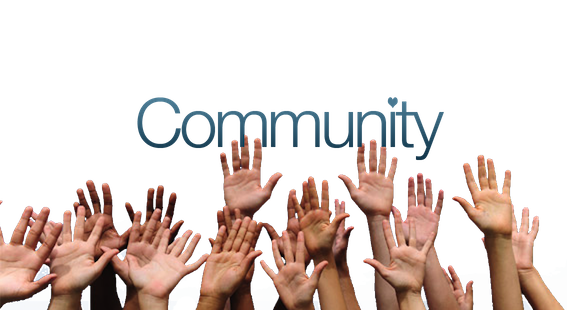
Throughout this unit students will explore what a community is and learn more about their specific community, Newark. We will discuss what defines a community and explore the idea that the students are part of a school and classroom community. As we begin to learn about the students’ community we will work as a class to describe what they know about their community as well as questions they have about their community. We will also learn about the rich history of their community and city and even have visitors from the Newark Museum come in, in order to help contextualize this information with actual artifacts for the students to observe. We will also discuss change students would like to see happen in their community.
View the PDF:Community Pride
The Fulfillment Project
Grade: 3rd
Topics: Self, community and city love
Social Justice Skills: Critical thinking, self-confidence, community, community involvement
Created by: Catherine Payne-Lewis/Jorge Villacreses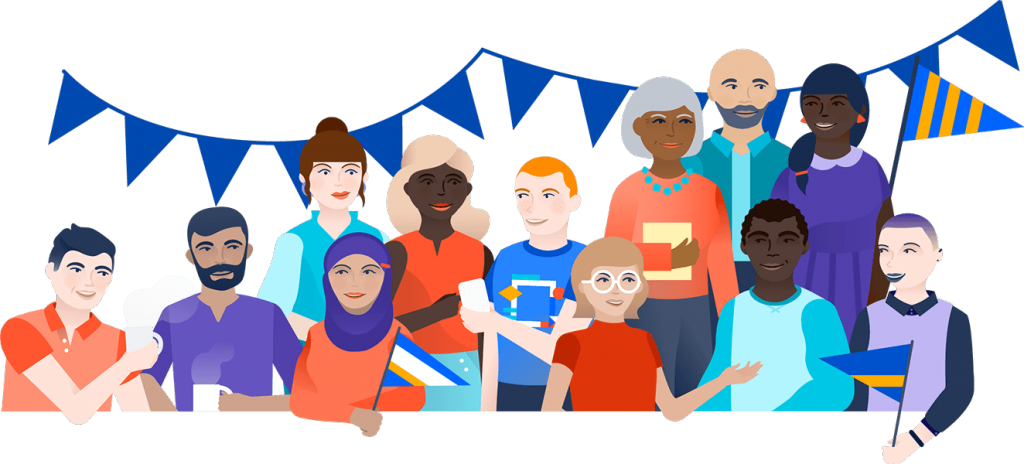
In this unit, the students were given a platform to uplift and provide them with enough confidence to motivate them to prepare, propel and equip them with resilience in effort to make sweeping changes in their local communities.
View the PDF: The Fulfillment Project
Our Community
Grade: Kindergarten
Topics: Pride for our community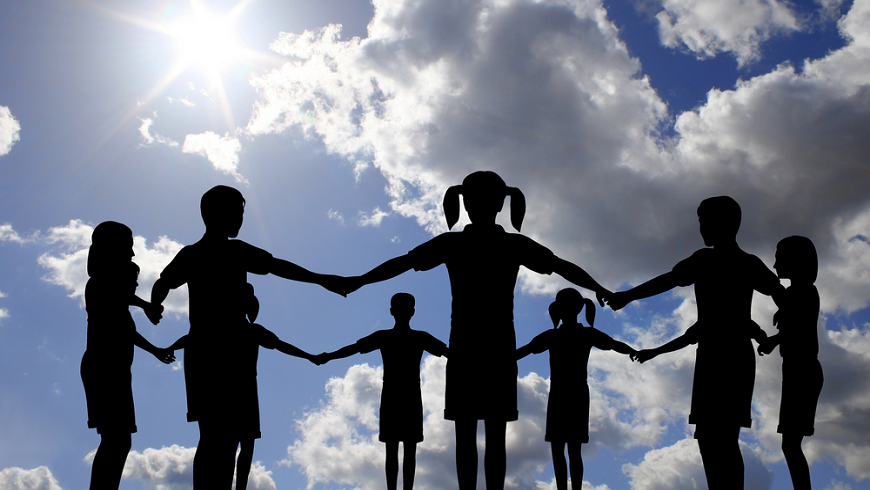
Social Justice Skills: Critical thinking, advocacy, self-determination, fairness, equality, support, community, letter writing
Created by: Regina Polzella
Throughout the unit students will explore what a community is and learn more about their school community. The unit will focus on how workers within the school community come together to support our school community and bring positive change. The students will understand that there is strength in unity and that together we can accomplish more in our school community
View the PDF:Our Community
We are… Comm-unity
Grade: Preschool
Topics: Our Classroom, Our City, Our Community
Social Justice Skills: Critical thinking, respect fairness, equality
Created by: Lauren Gormley
In this unit students learned about their classroom, school and neighborhood community through class discussions, read-alouds, shared writings and technology. Students were able to define community and compare and contrast Newark to other cities around the country. They were given the chance to develop an appreciation for their classroom, school and the buildings and places they visit. After the completion of the unit, students were able to understand why it is important to take care of and ultimately try to better the community the have grown to love
View the PDF: We are…Comm-unity
Community
Grade: Kindergarten
Topics: Communities, Neighborhoods
Social Justice Skills: Critical thinking, self-identity, diversity, resources
Created by: Shannon Schommer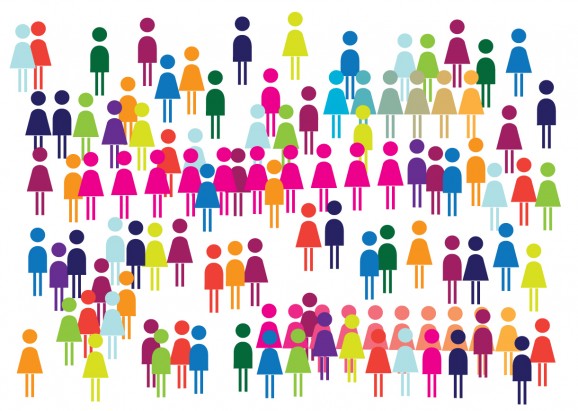
In this unit, students will examine the components of a community, look at how communities can be similar or different, and dissect ways in which external systems or functions may impact a community and the people living in it. The unit focuses on students’ own community and sense of identity, as well as how their own experiences might inform their ideas about community.
View the PDF: Community
Creating a Fair Space
Grade: Preschool
Topics: Fairness, disability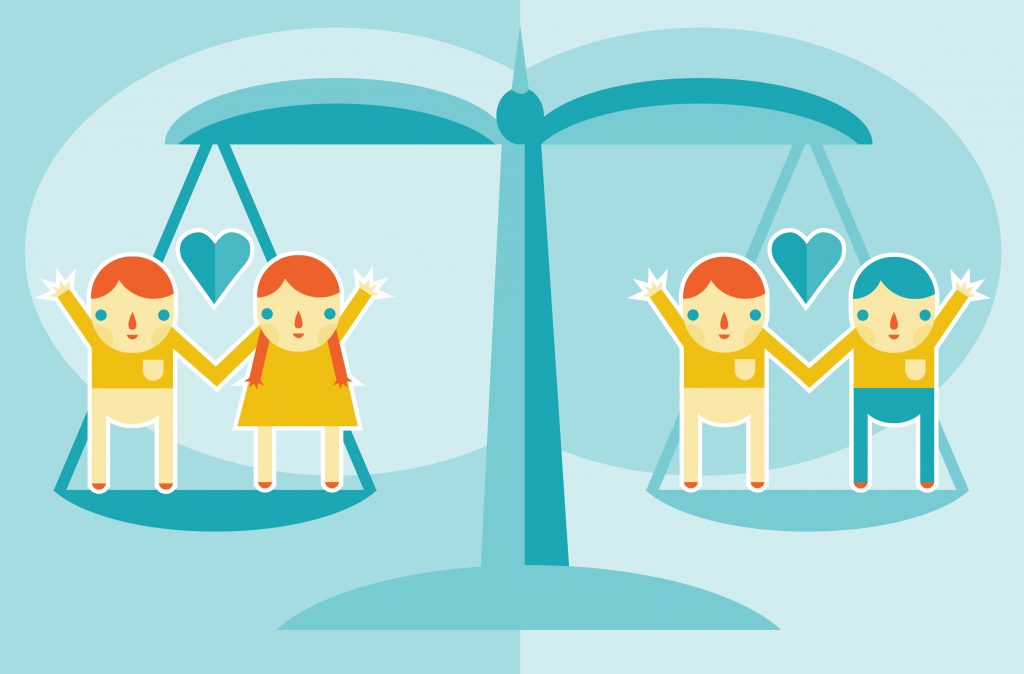
Social Justice Skills: Critical thinking, advocacy, self-determination, fairness, equality, creating signs to make awareness
Created by: Annmarie DeMarzo
In this unit, children will be guided toward an understanding of what it means to be fair. Students will explore and discuss what they believe to be fair and unfair in their daily lives, but will also focus on what make the environment fair and unfair for students with disabilities. Students will engage in discussions, explore different forms of adaptation and assistive technology, and generate solutions for making their classroom/school more accessible to children of all abilities.
View the PDF: Creating a Fair Space
Welcome to the Neighborhood
Grade: 2nd grade
Topics: Being the change in our communities
Social Justice Skills: Critical thinking, exploration, community cultural wealth, respect,
Created by: Tatiana Pereyra
This unit is about the students seeing themselves as vehicles for change in their neighborhoods. The unit will begin with the students looking around their individual neighborhoods and taking note of things that stand out to them. We will have discussions around what each students has noticed and what others have noticed in sharing our findings. Students will have the opportunity to learn more about their peers while learning to listen to the preferences and experiences of others respectfully. The goal of the unit is to have students observe what is going on around them in their neighborhoods. Students will have the opportunity to discuss and reflect on things they love communities as well as to find things that they don’t necessarily like and explore and understand reasonings behind our findings.For example, why are there so many empty lots? The social movements/change/action piece will be around how we can organize and collectively get our ideas heard.
View the PDF: Welcome to the Neighborhood
This is My City: R-E-S-P-E-C-T It!
Topics: Environmental Racism
Social Justice Skills: Critical thinking, advocacy, self-determination, letter writing, community service
Created by: Carla Nisbett
Students will develop understanding of environmental awareness by learning about pollution and cleanliness within their immediate environments (classroom, school, neighborhood). Students will ultimately be introduced to environmental racism and how it has affected their neighborhood. They will also come up with some actions that we could all take to fight against environmental racism in the neighborhood.
Download the PDF: This is My City R-E-S-P-E-C-T it!
Migration
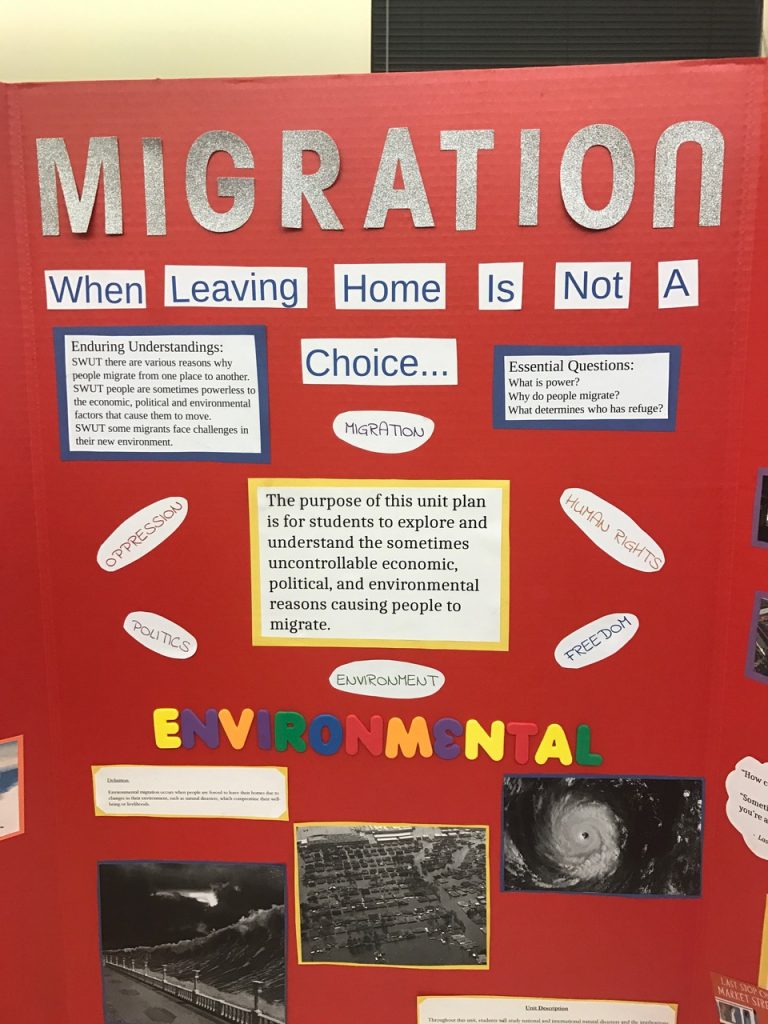 Grade: 2nd/3rd Grade
Grade: 2nd/3rd Grade
Topics: Environment, economy, politics, culture
Social Justice Skills: Critical thinking, advocacy, self-determination, fairness
Created by: Kim Baumann, Diana Mamoor, Mary Sanborn
The Migration unit is comprised of topics such as economic, environmental, and political migration. The issue of migration is a relevant topic in today’s world, as individuals are facing various challenges concerning migration. The goal is to help students understand that at times, it is out of the individual’s hands as they are forced to leave their homes due to economic, environmental, and political factors. While some topics are considered as controversial, students are taught about vital topics such as power, oppression, politics, human rights, freedom, and the environment. In doing so, students become conscious of the diversity in society.
Download the PDF: Migration
Let’s All Celebrate
Grade: Pre-K / Kindergarten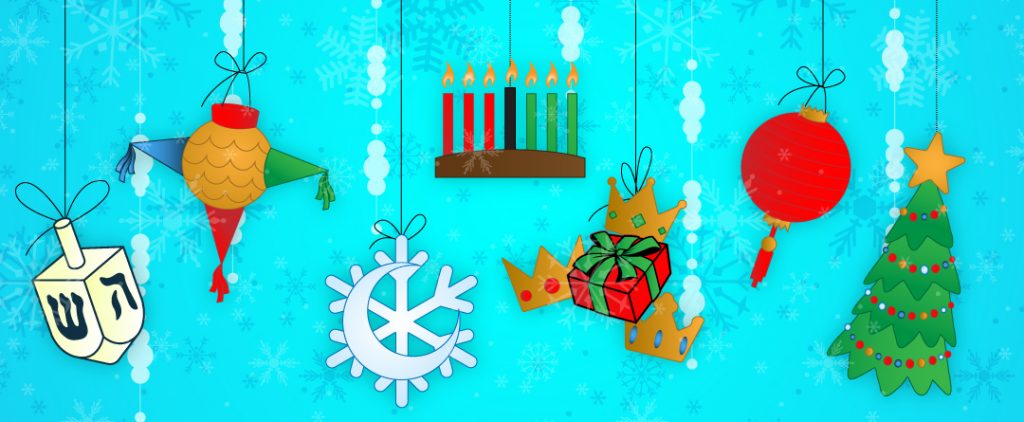
Topics: Holidays
Social Justice Skills: Critical thinking, fairness
Created by: Kat Benevento
Holidays are celebrated by different cultural groups all over the world for different reasons. In the United States, some holidays are nationally recognized, others recognized in schools, and others not represented at all. To develop deeper multicultural understanding and respect for differences, a variety of cultures must be represented and celebrated. This unit explores the different holidays celebrated in our community and the representation of groups in celebration across the school. Students will be challenged to analyze the fairness of the system and recreate a utopia.
Download this PDF: Let’s All Celebrate
Water We Waiting For
Topics: Environmental Justice, Water
Social Justice Skills: Critical thinking, advocacy, protest, fairness, letter writing
Created by: Madeline Della Pesca, Rachel Hartman, Alejandro Hernandez. Nicole Larsen, Hayley Smith
The “Water We Waiting For” unit helps students explore whether clean drinking water is a resource that should be provided by the government as an unalienable right. Students will research the topic and investigate inequality, access to resources, injustice, human rights, and some of the political aspects of the water crisis, as well as the detrimental effects contaminated water has on our health as individuals and as communities. To do so, lessons have been crafted that span a cross curricular approach, through reading and language arts, science, social studies, math, health education, physical education and the arts. The unit will culminate in the cultivation of a protest in which students will explore methods of political expression that can be used not only to advocate for the access to clean drinking water, but also protest tactics that can be used in the face of injustice and oppression anywhere.
Download This Unit: Water Unit Fifth Grade

